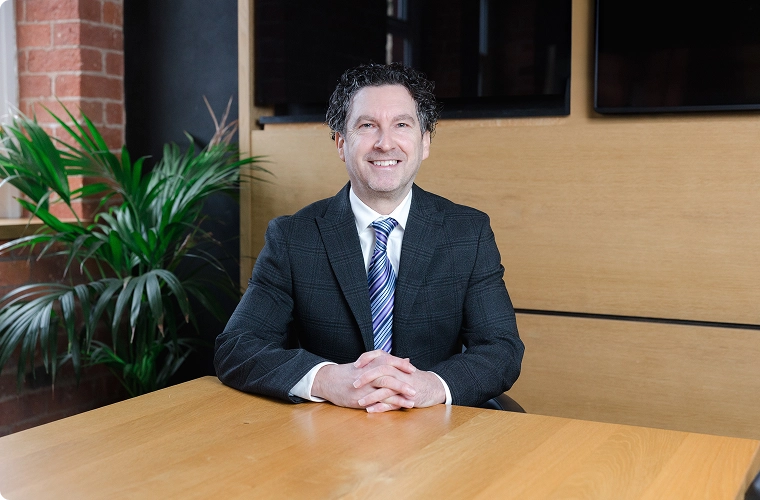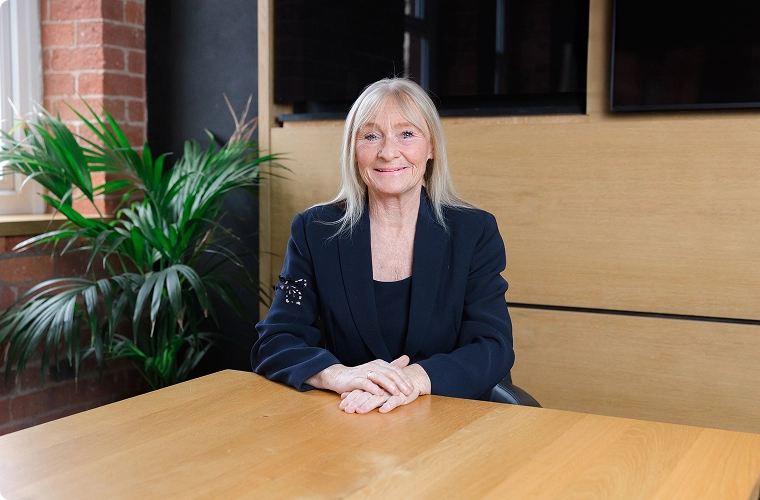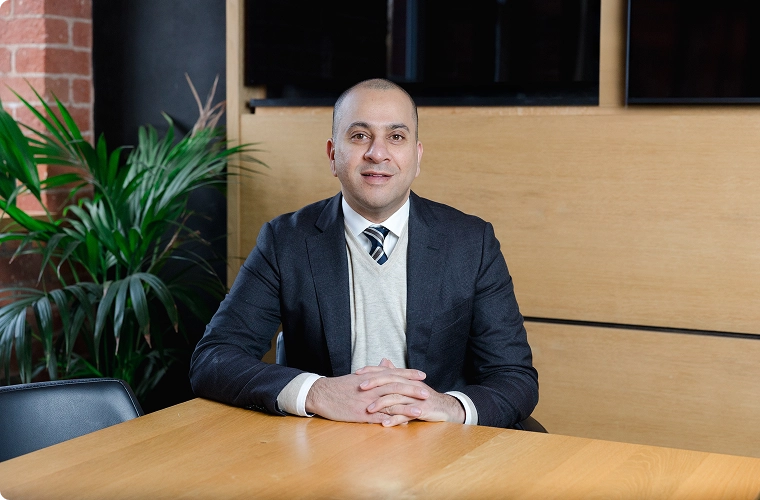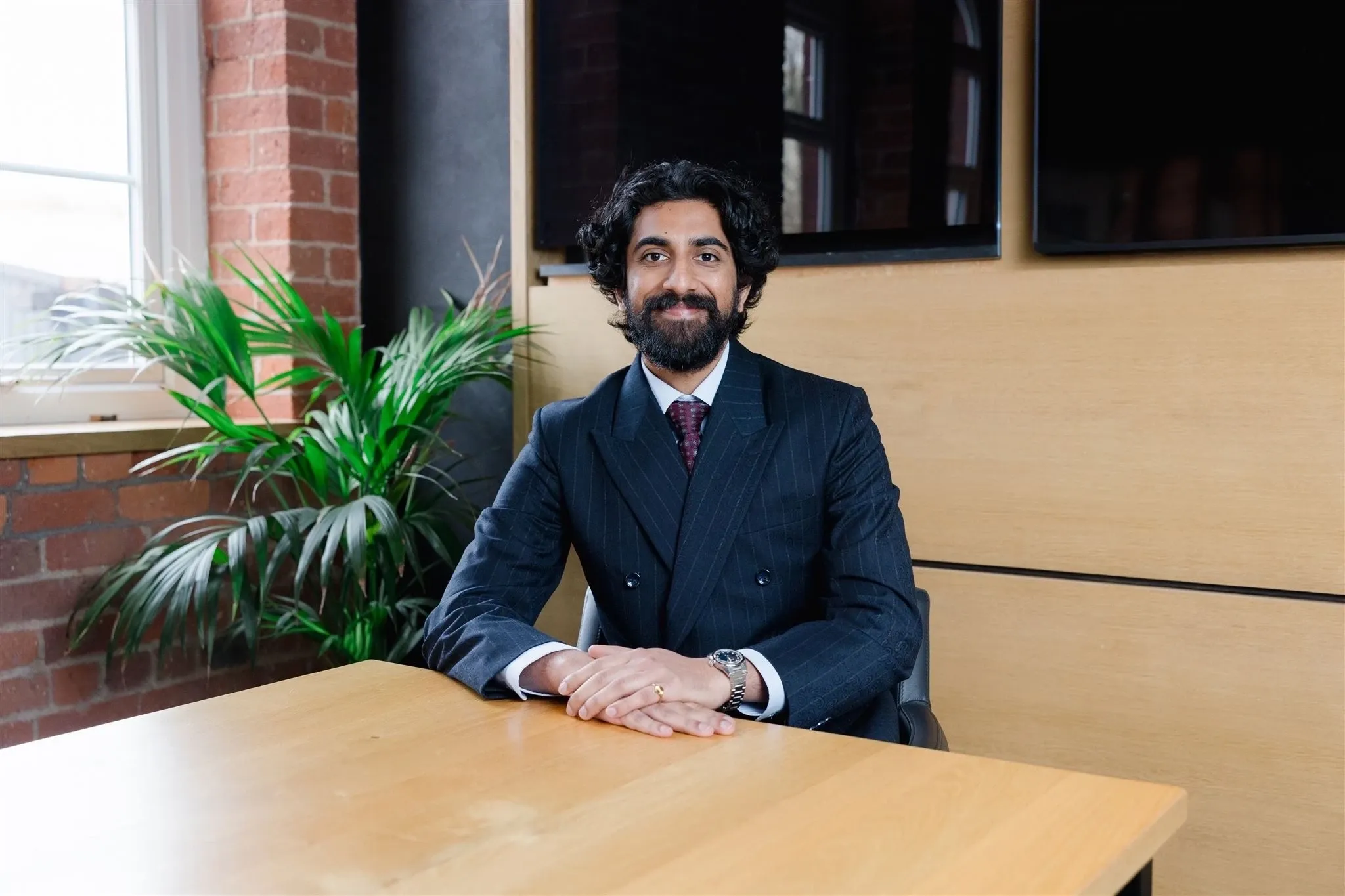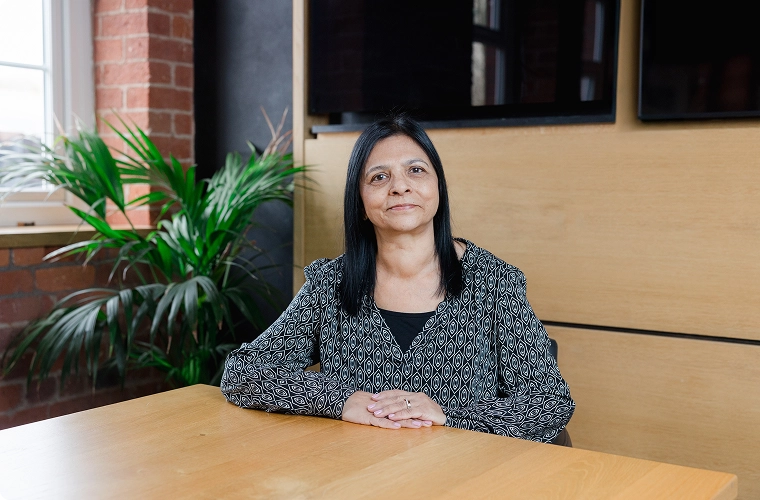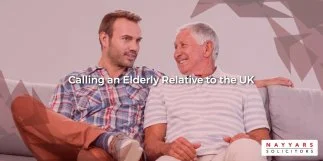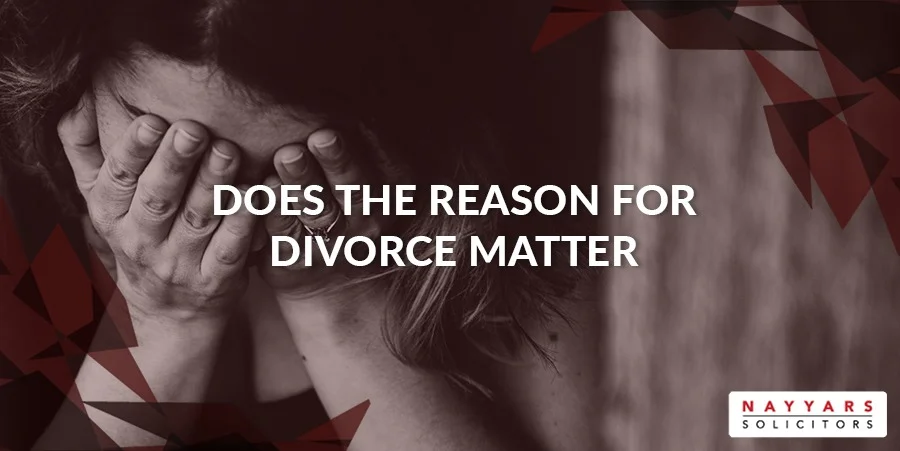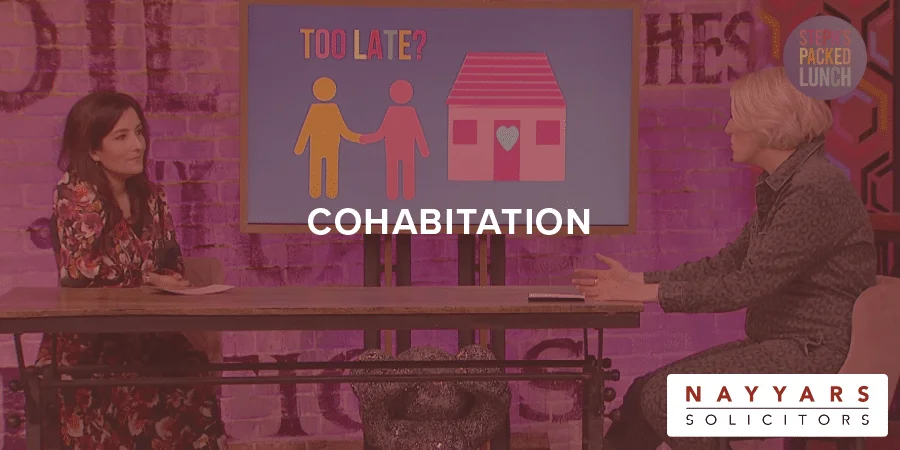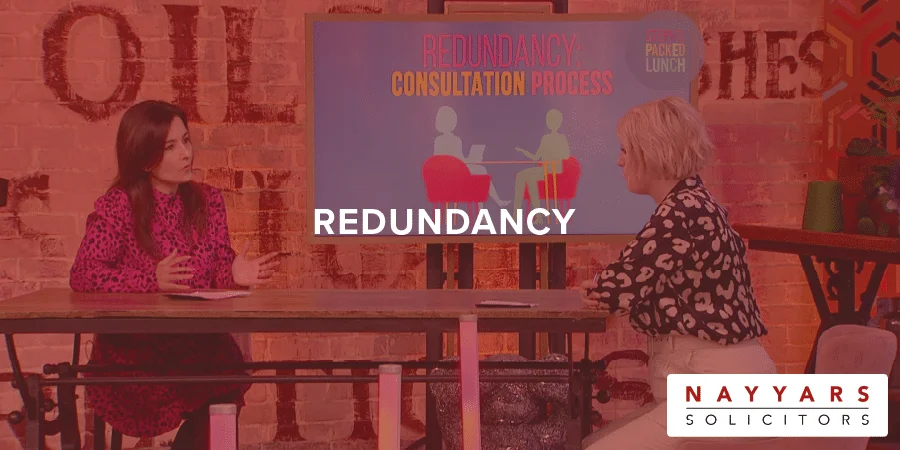Nayyars Solicitors Achieves Justice And Settlement For Grieving Family
According to the British Association of Aesthetic Plastic Surgeons (BAAPS), 31,057 cosmetic procedures took place in 2022, up 102% from the previous year with women undergoing 93% of procedures. In most cases, clinics performing cosmetic procedures are safe and patients are delighted with the results. But sometimes things can go terribly wrong. In the case involving Mrs S, a dermatological skin peel performed at a clinic offering discounted treatments, resulted in her death. Mrs S’s devastated family came to us seeking answers and compensation to ensure the clinic was held accountable for the death of a beloved wife and mother. Despite being obstructed at almost every turn, Raja Eisa, the lead Solicitor on the case, won a significant compensation settlement for the family, without them having to attend court.
Background to the case
Mrs S approached a cosmetic surgery clinic offering discounted treatments. She wanted to have a dermatological skin peel. During the consultation, Mrs S was told the procedure was perfectly safe and ideal for her skin type. Neither Mrs S, nor her husband who came with her to the consultation, spoke or read English fluently. No translator was made available, and the consent form and pre-treatment explanations were not translated into Mrs S’s native language. Trusting the clinician’s expertise, Mrs S decided to go ahead with the treatment. Shortly afterwards, she experienced excruciating pain, severe burns on her face, and emotional distress. Despite attempts to treat the burns, her condition worsened. Mrs S later died from complications.
The law relating to medical negligence and consent to treatment
Medical negligence occurs when a healthcare professional provides treatment that falls below the accepted standard of care, resulting in the patient suffering an injury or worsening of their existing condition. To succeed in a medical negligence claim, the Claimant must prove, on the balance of probabilities, that:
- The Defendant owed them a duty of care,
- They breached that duty, and
- The breach caused them to suffer a personal injury.
Part of a healthcare professional’s duty of care to their patient is to ensure the patient fully understands the procedure or treatment they will be given and the risks involved. In addition, the patient must provide informed consent to the treatment.
To establish whether the treatment provided to Mrs S fell below the accepted standard of care and that caused her to suffer serious burns, pain, and ultimately complications that led to her death, Raja instructed an expert witness.
The outcome of the case
The clinic argued that Mrs S had been fully informed of the risks when she consented to the dermatological skin peel. However, with the help of expert translators, Raja was able to show that this was not the case.
Despite the tragic outcome of the treatment, the Defendants did their best to daunt Mrs S’s grieving family by employing tactics such as refusing to grant extensions despite the delays caused by Mrs S’s death and probate issues. They also made disclosure of key documentation difficult.
Raja was not intimidated at all by the Defendant’s strategy and worked calmly and assertively to drive home the point that the clinic had breached its duty of care to Mrs S and this caused her death. He robustly negotiated compensation, rejecting the first Part 36 offer, and eventually securing a settlement that reflected the pain, shock, and suffering experienced by Mrs S’s family.
Resolution for our client
When advising and representing families in cases where medical negligence has led to a loved one’s death, we never forget that our client has suffered an extremely shocking and distressing event. In the case of Mrs S, although Raja was forceful with the Defendant in terms of getting disclosure and negotiating a fair settlement, his approach to Mrs S’s family was one of ongoing support and compassion.
In these types of cases, money is hardly ever the driving factor in making a claim; rather it is the need to get answers as to what happened and an acknowledgment from the healthcare provider that they were at fault is what matters most. We were able to achieve this for Mr’s S’s family and give them the support and closure they needed to grieve in peace.





